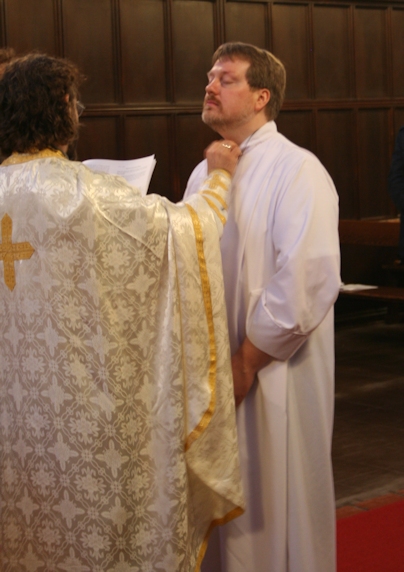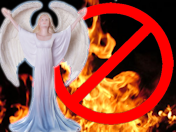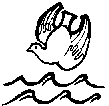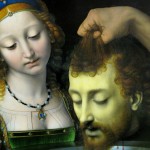On April 14, 2012 I was received into the Eastern Orthodox Church through chrismation. Below is the letter that I wrote to my family to share news of this life-changing event.
The context of the letter is rather specific. My family consists of primarily Southern Baptists who have become either independent Missionary Baptists or nondenominational Charismatics. I wrote trying to build some bridges with those traditions, and as a result, left out many of the finer points of Church history and theology. But I post it here in case it’s helpful to anyone else.


 In a
In a  Since the time of Constantine, baptism has often been one of the strands holding together the knot of national identity and Christendom.
Since the time of Constantine, baptism has often been one of the strands holding together the knot of national identity and Christendom. In my
In my

